Fairways At Mauna Lani For Sale – The notion suggests a world where anything and everything, regardless of its intrinsic value, can be bought, sold, or traded. The materials used, whether it’s hardwood, durable fabrics, or premium upholstery, are chosen for their longevity and aesthetic appeal. A new smartphone, for example, can cost hundreds of dollars, but buying a used one can cut the price down by more than half. This connection between consumers and the creators of quality goods is something that’s been fostered for centuries. For sellers, this creates an opportunity to declutter their homes and make some extra money, while buyers have access to a vast marketplace of affordable, unique, and sustainable products. Legal experts are often involved at this stage to ensure that the transaction is conducted in compliance with all relevant laws and regulations. The rise of minimalist living, which emphasizes owning fewer, more meaningful possessions, has played a role in this shift. Many brokers specialize in certain industries or types of businesses, allowing them to better serve their clients by offering specialized knowledge and advice. By purchasing second-hand goods, consumers help keep products circulating in the economy, giving them new life and purpose. The practice of buying and selling second-hand items has been around for centuries, but in recent years, it has seen a resurgence. Some goods, like a fine Swiss watch, carry decades or even centuries of tradition, built on a reputation of precision and excellence. For people looking to furnish their homes, build a wardrobe, or invest in certain hobbies or collections, second-hand goods often provide a way to access items they might otherwise be unable to afford. The act of selling a home is a deeply emotional process, and when it’s completed, there’s a sense of closure and anticipation for what comes next. Yet, even within this system, there is room for hope. The closing process also involves transferring the business’s assets, such as inventory, property, intellectual property, and customer contracts, to the new owner. These goods aren’t just products; they are symbols of craftsmanship, heritage, and pride. With the rise of online platforms and a growing cultural shift toward sustainability, the second-hand market continues to thrive, providing consumers with more options and opportunities than ever before. They believe that certain things, like love, loyalty, and friendship, should be above the reach of commerce. They also often help with legal and financial aspects, ensuring that the transaction is completed smoothly and efficiently. It is subjective, shaped by cultural norms, individual preferences, and the evolving standards of various industries.

FOR SALE Fairways at Mauna Lani 402 — Hawaii Luxury Resort Properties
Easy price comparisoncandid traveler photos Search by commute timeneighborhood infohome buying tipsdraw your own search area Price historyvirtual 3d tours of homesresearch neighborhoods

FOR SALE Fairways at Mauna Lani 402 — Hawaii Luxury Resort Properties
Easy price comparisoncandid traveler photos Price historyvirtual 3d tours of homesresearch neighborhoods Search by commute timeneighborhood infohome buying tipsdraw your own search area

FOR SALE Fairways at Mauna Lani 402 — Hawaii Luxury Resort Properties
Easy price comparisoncandid traveler photos Price historyvirtual 3d tours of homesresearch neighborhoods Search by commute timeneighborhood infohome buying tipsdraw your own search area
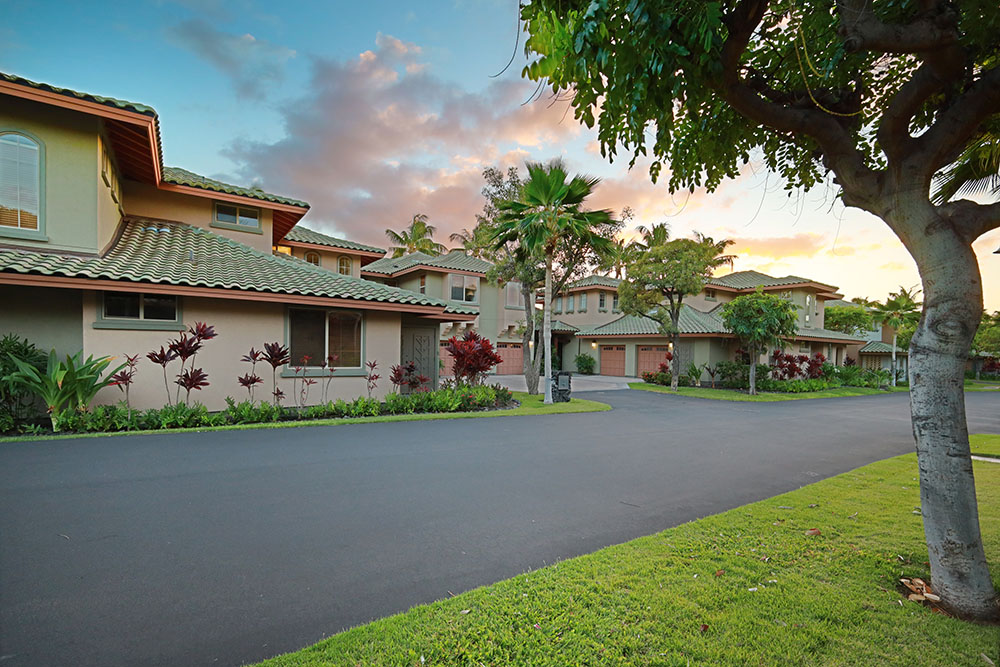
FOR SALE Fairways at Mauna Lani 402 — Hawaii Luxury Resort Properties
Easy price comparisoncandid traveler photos Search by commute timeneighborhood infohome buying tipsdraw your own search area Price historyvirtual 3d tours of homesresearch neighborhoods

FOR SALE Fairways at Mauna Lani 402 — Hawaii Luxury Resort Properties
Easy price comparisoncandid traveler photos Price historyvirtual 3d tours of homesresearch neighborhoods Search by commute timeneighborhood infohome buying tipsdraw your own search area
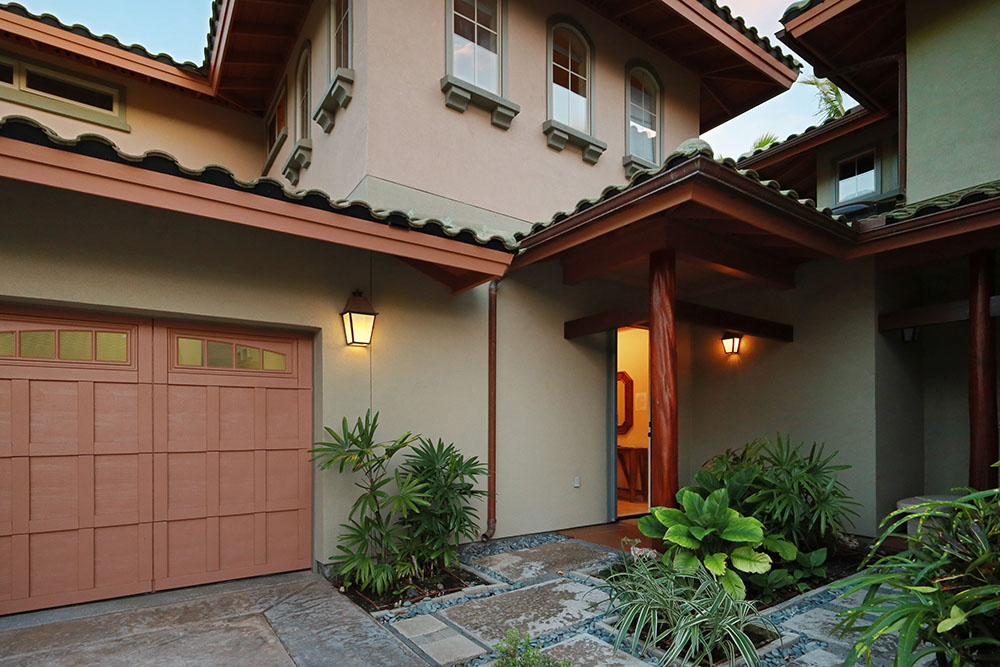
FOR SALE Fairways at Mauna Lani 402 — Hawaii Luxury Resort Properties
Price historyvirtual 3d tours of homesresearch neighborhoods Easy price comparisoncandid traveler photos Search by commute timeneighborhood infohome buying tipsdraw your own search area
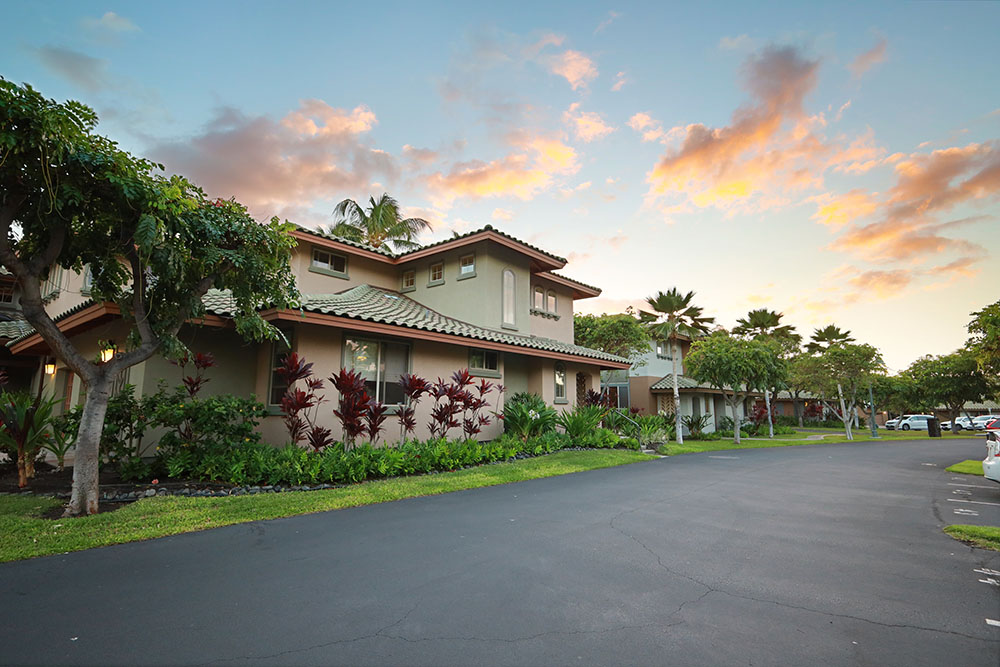
FOR SALE Fairways at Mauna Lani 402 — Hawaii Luxury Resort Properties
Easy price comparisoncandid traveler photos Price historyvirtual 3d tours of homesresearch neighborhoods Search by commute timeneighborhood infohome buying tipsdraw your own search area
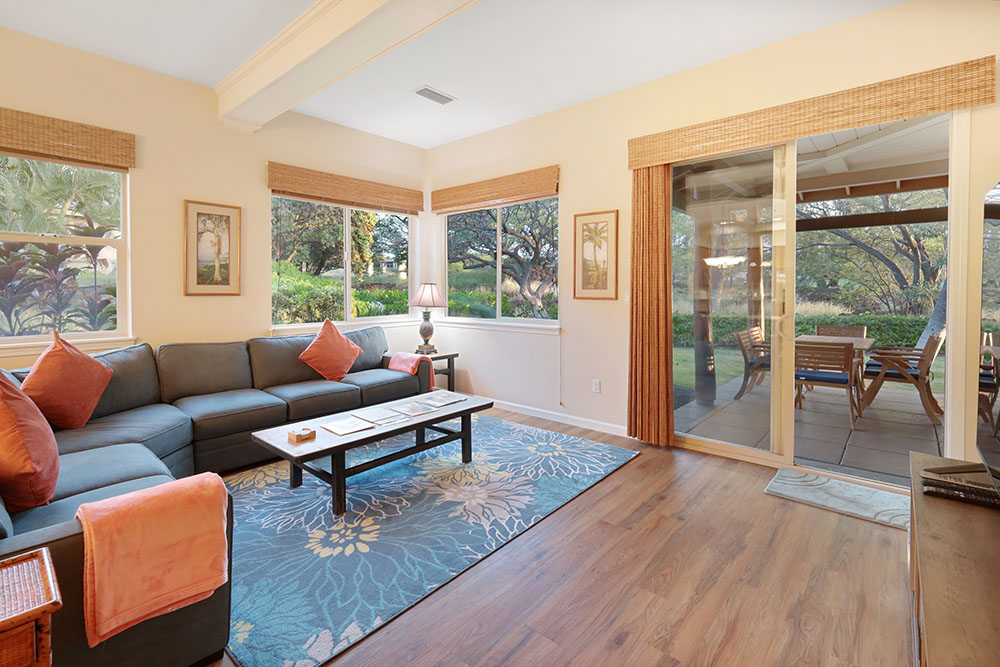
FOR SALE Fairways at Mauna Lani 402 — Hawaii Luxury Resort Properties
Price historyvirtual 3d tours of homesresearch neighborhoods Easy price comparisoncandid traveler photos Search by commute timeneighborhood infohome buying tipsdraw your own search area
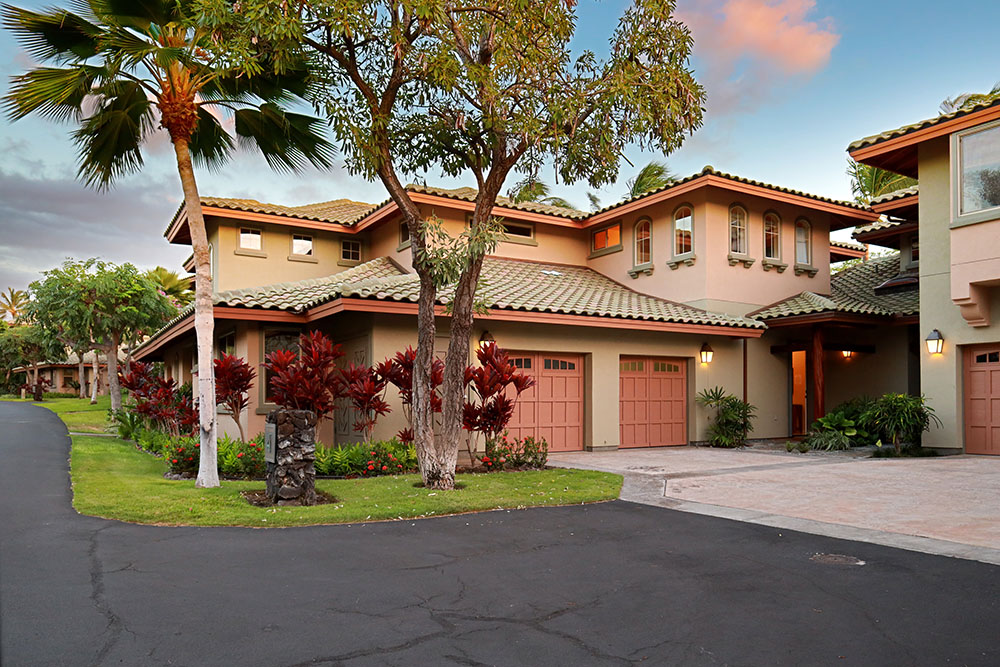
FOR SALE Fairways at Mauna Lani 402 — Hawaii Luxury Resort Properties
Price historyvirtual 3d tours of homesresearch neighborhoods Search by commute timeneighborhood infohome buying tipsdraw your own search area Easy price comparisoncandid traveler photos

FOR SALE Fairways at Mauna Lani 402 — Hawaii Luxury Resort Properties
Price historyvirtual 3d tours of homesresearch neighborhoods Easy price comparisoncandid traveler photos Search by commute timeneighborhood infohome buying tipsdraw your own search area
Every click, every like, every follow, is part of an ongoing transaction. This pride comes not just from the product itself, but from knowing that you are supporting a tradition of craftsmanship and care. The adage “you get what you pay for” rings especially true in the realm of quality goods. The ease and convenience of online sales have created a global marketplace where individuals can connect with buyers and sellers across the world. The very notion that everything can be bought and sold creates a society where inequality is not just accepted, but ingrained in the very structure of the economy. In the world of quality goods for sale, there is also an inherent sense of value in the stories behind them. The idea of “buying quality” is not just a luxury; it’s a mindset that encourages consumers to think beyond the momentary gratification of cheap purchases and focus instead on long-term value and satisfaction. For people looking to furnish their homes, build a wardrobe, or invest in certain hobbies or collections, second-hand goods often provide a way to access items they might otherwise be unable to afford. Those who are born into privilege have the means to buy their way to the top, while others are left behind, forced to sell their time, energy, and even their dignity in order to survive. For fashion-conscious individuals, buying second-hand is a way to express their personal style while also supporting sustainable practices. In addition to individual sales, online marketplaces often feature businesses and professional sellers who specialize in second-hand goods, providing buyers with a curated selection of high-quality items. Self-help books and motivational speakers promise to sell us the tools to fix ourselves, to buy into a better version of who we could be. Second-hand goods for sale are no longer seen as inferior or out-of-date, but rather as a conscious, stylish, and eco-friendly choice. Many sellers of second-hand electronics offer refurbished items, which have been inspected, repaired, and restored to a like-new condition. It’s about letting go of something that no longer serves a purpose, while opening the door for something new to take its place. We are all participants in a vast, interconnected economy, one that doesn’t just involve physical goods but extends to ideas, relationships, and even identities. The concept of a circular economy, where products are reused and repurposed instead of discarded, is central to the appeal of second-hand goods. But is this a reflection of reality? Or is it an illusion we’ve created, an idea we’ve accepted in order to make sense of a world that increasingly revolves around consumption and profit?
At the core of this idea lies the assumption that everything, no matter how unique or rare, can be exchanged. With the rising costs of new products, especially in categories like electronics, clothing, and furniture, purchasing second-hand items can offer significant savings. In conclusion, second-hand goods for sale represent more than just a financial transaction; they embody a shift toward sustainability, individuality, and social responsibility.
Moreover, buying second-hand items allows consumers to access unique and vintage products that may no longer be available in stores, offering a sense of individuality that is often missing from mass-produced, new items. They are investments, not just purchases, and their value is often felt long after the original transaction has ended. In conclusion, the market for second-hand goods for sale is an ever-growing and dynamic space that offers numerous benefits to both buyers and sellers. Conversely, periods of economic growth may lead to more businesses being sold due to increased valuations and higher demand. Whether it’s a vintage armchair, a gently used dining table, or a piece of mid-century modern furniture, second-hand furniture can be both functional and stylish. When a car is put up for sale, it can feel like letting go of a part of one’s journey. The artist who created it may have one understanding of its worth, while a collector may see it as a valuable investment, and a casual admirer might simply appreciate its beauty without considering its monetary value. It’s a small but significant way to make a positive impact on the planet, especially when one considers the volume of waste generated by fast fashion, electronic waste, and disposable goods. Sellers can list items with detailed descriptions and high-quality photos, giving potential buyers a clear understanding of what they are purchasing. Similarly, vinyl records have experienced a resurgence in recent years, with collectors seeking out rare albums and vintage pressings. Those who are born into privilege have the means to buy their way to the top, while others are left behind, forced to sell their time, energy, and even their dignity in order to survive. This stage can involve a variety of specialists, such as accountants, lawyers, and industry experts, who can provide a comprehensive evaluation of the business. Whether it’s funding education, supporting homelessness services, or providing medical assistance, the money spent in second-hand shops can contribute to making a difference in the lives of others. The resale of pre-owned clothing has become a booming industry in recent years, with second-hand stores and online marketplaces thriving as more consumers opt for affordable, sustainable alternatives to fast fashion. The closing process also involves transferring the business’s assets, such as inventory, property, intellectual property, and customer contracts, to the new owner. Upcycling is a great way to make the most out of second-hand goods, adding both value and meaning to the items that are being repurposed. The car represents possibility, and when it changes hands, it takes on new significance, a new role in a different life. While buying and selling second-hand items can come with its challenges, the rewards—both financially and environmentally—make it a worthwhile pursuit for many people. There is also a growing trend of online platforms that facilitate the buying and selling of businesses. But what about the intangible things? Can memories be bought? Can feelings, emotions, or connections be traded? In a sense, many people would argue that in today’s world, even the intangible is up for grabs.